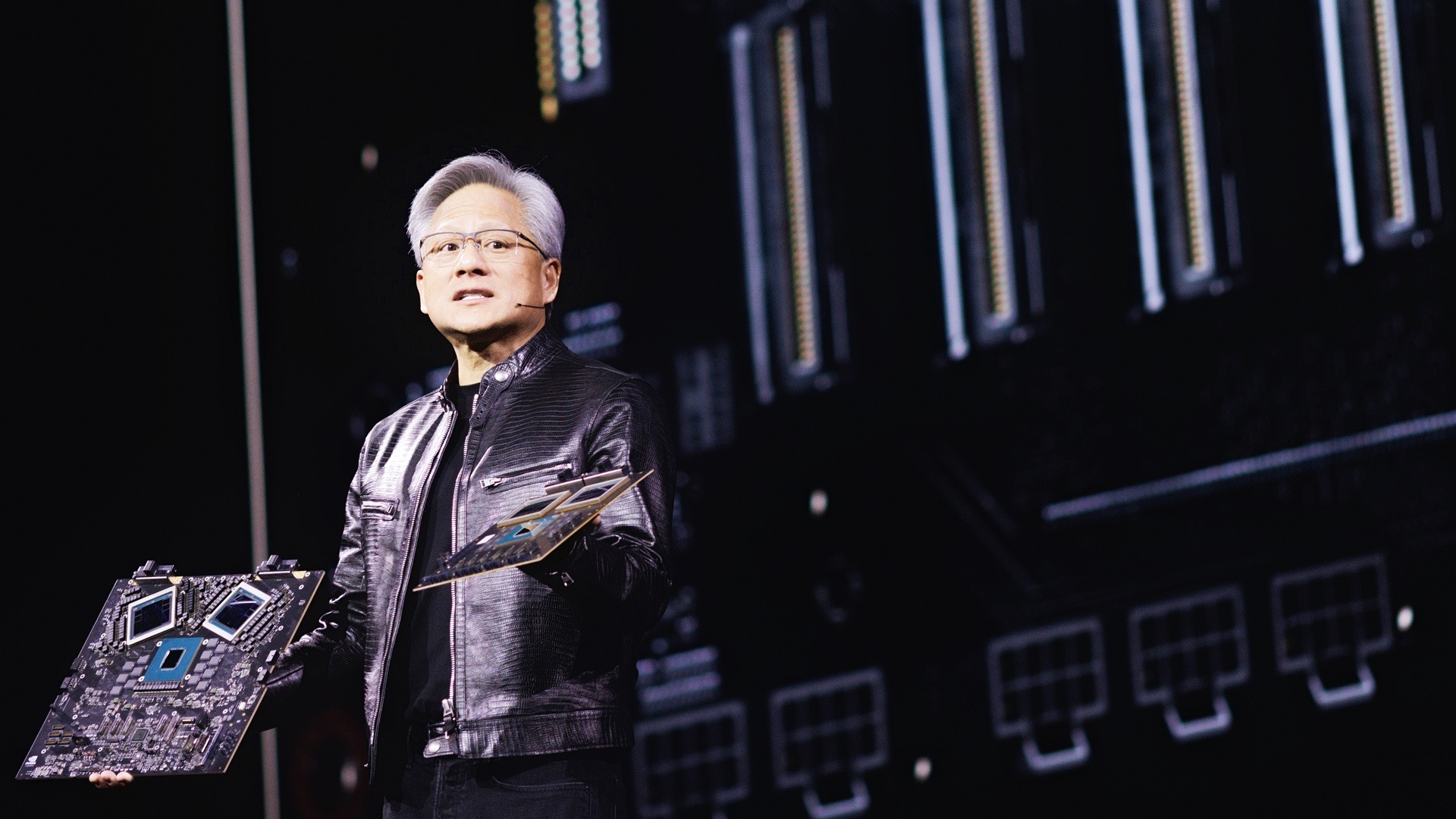French search engine Qwant has found itself on a collision course with Microsoft – but all indications are that the antitrust regulator there will reject its complaint. It’s a seemingly local dispute, but it illustrates well how difficult it is to challenge the giants controlling the search infrastructure, even in Europe, which carries Big Tech regulation on its banners.
Qwant, which has been using Bing’s results and infrastructure for years, has accused Microsoft of restrictive practices: forcing exclusivity terms, hindering the development of its own search technology and favouritism in the allocation of advertising. In short, it argues that without independent access to data and advertising, it is impossible to build a viable alternative.
However, the French antitrust authority was said to have suggested at a hearing in June that the application should be rejected. A decision is expected within two weeks, although Qwant promises a further fight in court or at EU level. Microsoft responds briefly: the allegations are baseless and the search market is dominated by Google anyway.
And this is where the fundamental problem arises – who really controls the search market? Google has more than a 90% share in Europe, but it is Bing that remains the key ‘engine’ provider for most of the smaller players: Qwant, DuckDuckGo, Ecosia or Lilo. Search syndication is a quiet pillar of the market – a few global providers decide who has the data, ads and revenue.
Qwant is unable to compete without Microsoft, but at the same time accuses it of blocking independence. Such a paradox makes the question of competition no longer about interfaces or privacy, but about infrastructure: who controls access to the web index, to the ad network, to AI models?
In the context of European regulation – from the DMA to the planned algorithm transparency rules – the Qwant case could prove to be a test case. If regulators find that the use of a dominant provider does not create a risk of abuse, smaller search engines will remain as customers, not competitors.
Whatever the verdict, one thing is already clear: the era of ‘neutral access’ to search is over. In the age of AI and proprietary language models, the question is whether Europe will build its own infrastructure or merely use American interfaces. Qwant is not just a French problem – it is a test of digital sovereignty in practice.












